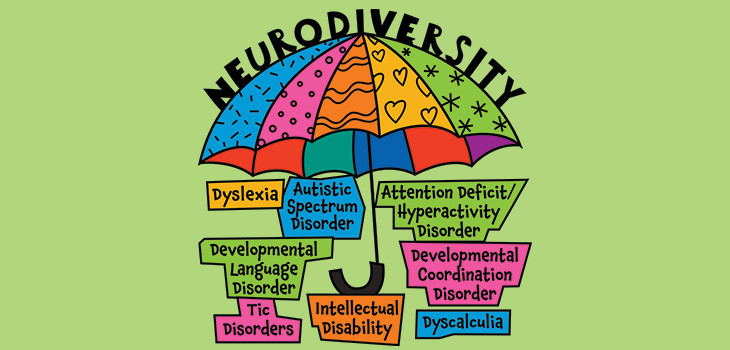
- How neurodiversity impacts settling finances during divorce proceedings.
- Why the impact of caring for neurodiverse children should be taken more seriously when dividing the assets in financial proceedings.
Neurodiversity is mentioned more frequently in family proceedings nowadays, but has the understanding reached the necessary level to ensure that parties’ (or their children’s) neurodiverse needs are taken into account when dealing with the finances involved within divorce proceedings?
Conditions & challenges
Neurodiversity is an umbrella term used to describe when an individual’s brain functions in a non-typical way. This is categorised in a variety of ways, which can include, but is not limited to: autism spectrum disorder (ASD), which can lead to a party finding it difficult to engage in proceedings; attention deficit hyperactivity disorder (ADHD)/attention deficit disorder (ADD), which can have a bearing on a party’s ability to process often complex information involved in financial proceedings; and obsessive compulsive disorder





.tmb-mov69x69.jpg?sfvrsn=961ae4db_1)
95ca96e3d47f4eff8d147c4f0df17c77.tmb-mov69x69.png?sfvrsn=3db5d86b_1)

